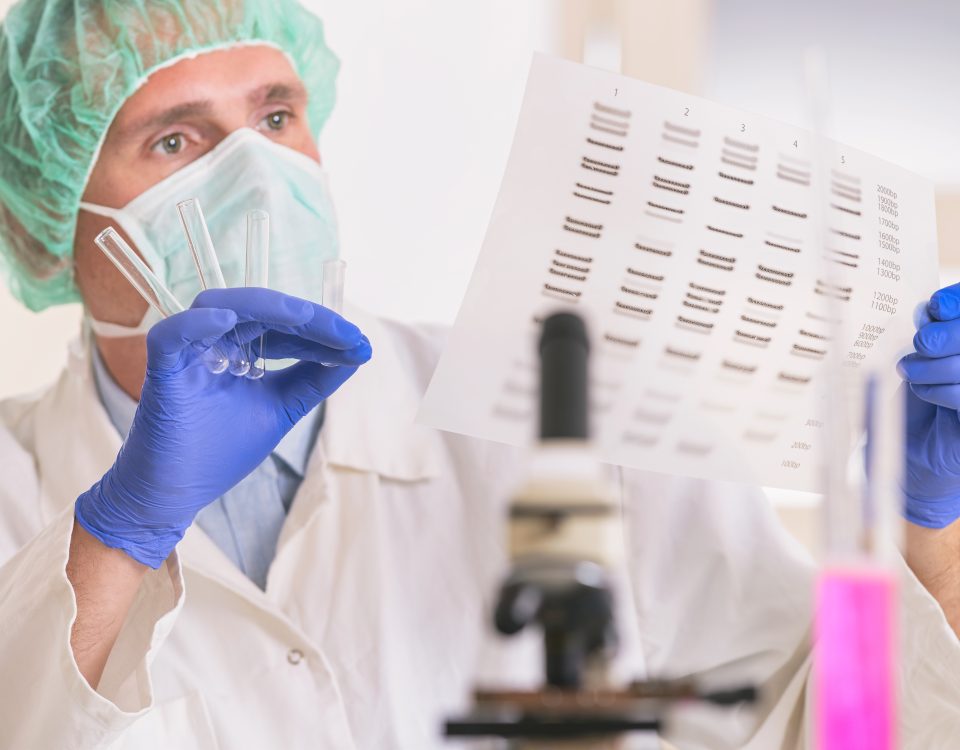
Trigeminal Neuralgia: Causes, Symptoms, and Treatments
June 12, 2023
What Is Acoustic Nueroma?
August 8, 2023July: Non-Surgical Options for Skin Cancer
According to the CDC, there were 602,350 cancer deaths in 2020, and some of these deaths were caused by skin cancer. If skin cancer is caught early enough, you may have non-surgical cancer treatment options to remove the cancer. Read on to learn more about the non-surgical options for those who have been diagnosed with skin cancer.
Topical Medications
Topical medications are creams or ointments that are applied directly to the skin. They are typically used to treat early-stage or superficial skin cancers, such as basal cell carcinoma and squamous cell carcinoma. The most commonly used topical medication for skin cancer is Imiquimod. This medication works by stimulating the immune system to attack the cancer cells. Other topical medications include 5-fluorouracil, which works by interfering with the cancer cell’s ability to grow, and ingenol mebutate, which causes the cancer cells to die.
Radiation Therapy
Radiation therapy is a non-surgical cancer treatment option that uses high-energy radiation to kill cancer cells. It is often used to treat basal cell carcinoma and squamous cell carcinoma that cannot be treated with surgery or that have a high risk of recurrence. Radiation therapy can be administered externally or internally. External radiation therapy uses a machine to deliver radiation to the affected area, while internal radiation therapy involves placing a radioactive source inside the body near the cancer cells.
Cryotherapy
Cryotherapy, also known as cryosurgery, is a non-surgical treatment option that uses extreme cold to freeze and destroy cancer cells. It is typically used to treat small skin cancers, such as actinic keratoses and early-stage basal cell carcinoma. During cryotherapy, liquid nitrogen is applied to the affected area using a spray or probe. The extreme cold causes the cancer cells to freeze and die. The dead cells are then naturally eliminated by the body.
It is important to note that while these non-surgical options can be effective for certain types of skin cancer, they may not be appropriate for all cases. Your doctor will consider the type and stage of your skin cancer, as well as your overall health and medical history, to determine the best treatment option for you. In addition, it is important to take steps to prevent skin cancer from developing in the first place. This includes wearing protective clothing and sunscreen when outdoors, avoiding tanning beds, and regularly checking your skin for changes or abnormalities. If you have been diagnosed with cancer, our team can work with you to come up with the best cancer treatment. Call Pheonix CyberKnife & Radiation Oncology Center now to schedule an appointment.
Posted 7/3/23


